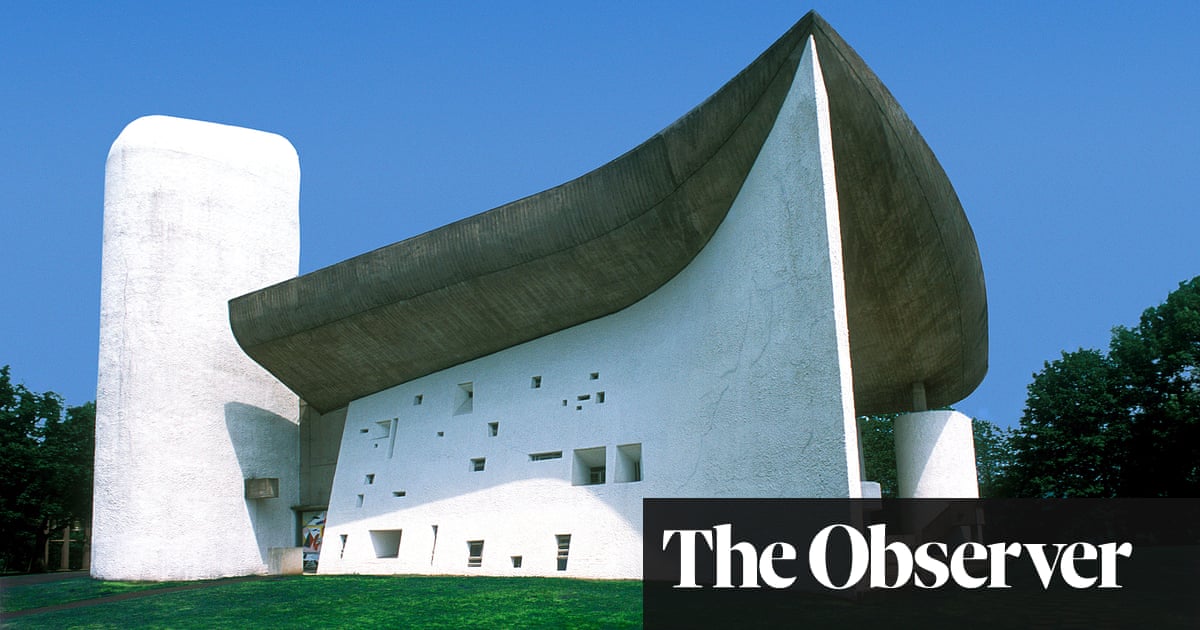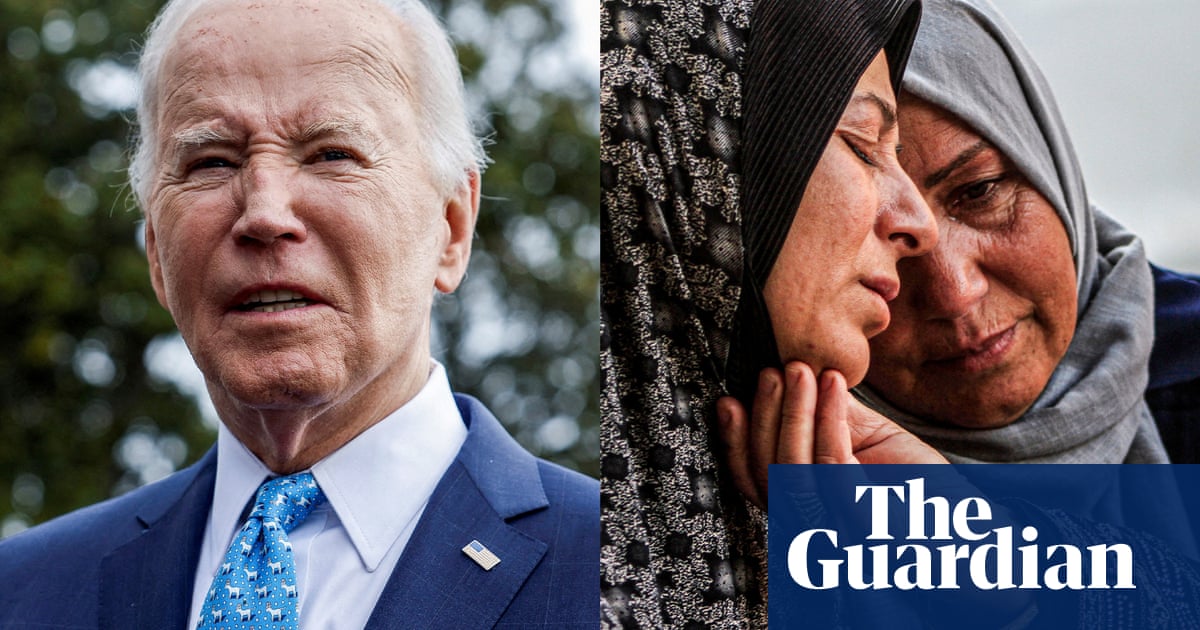
In his first press conference following his victory in this month’s Iranian presidential election, Ebrahim Raisi, who is set to become the country’s eighth president since the 1979 revolution, said: “Continuing Imam Khomeini’s approach and following the path of the martyrs, especially Qassem Soleimani, was among the messages of these elections.”
Whoever reads the above statement will conclude that a “revolutionary” government will be formed and thus there will be more hard-line stances on internal and regional issues. This means that the allies and arms of the Islamic Republic in Iraq, Lebanon, Yemen and Syria will continue to spread chaos against any country that disagrees with Iran.
Hezbollah in Lebanon, the Houthis in Yemen, Asa’ib Ahl Al-Haq in Iraq, Hamas in Palestine, and even the February 14 Revolution Youth Coalition in Bahrain all congratulated Raisi. Hezbollah Secretary-General Hassan Nasrallah said: “The resistance fighters and the free people look up to you and see in you a fortress and a strong support in your confrontation and your resistance against the aggressors.”
This context sends negative signals that will make governments, especially in the Gulf, cautious. These governments will closely monitor Iran’s behavior in the coming period because there is something approaching euphoria with Raisi’s victory among the so-called Axis of Resistance. There has also been confirmation from Raisi that “an effective, sound and strong regime derives its strength from revolutionary cadres.” Therefore, there will be a stronger presence of fundamentalist parties such as the Islamic Revolutionary Guard Corps (IRGC) within the team he forms to manage internal and external files.
Nevertheless, some observers believe that the president-elect, despite his differences from the outgoing President Hassan Rouhani, will not be able to deviate much from the foreign policy the latter has pursued over the past eight years, specifically in terms of the nuclear deal negotiations with the P5+1 countries. Raisi is likely to keep Abbas Araqchi as Iran’s chief negotiator in the talks with the P5+1 because of his experience, his relations with the other participating delegations, and his close follow-up of the details of the negotiating process, especially since the entire file is managed by the office of Supreme Leader Ali Khamenei. It serves Iran’s national interest to keep the internationally accepted Araqchi in his position.
Tehran wants to reach a quick agreement on the nuclear deal, through which it can ease the domestic economic situation
Hassan Al-Mustafa
Raisi talked about the negotiations on the nuclear file, saying: “We support any talks that guarantee our national interests.” But he stressed that, “at the same time, we will not make the economic conditions and the circumstances in which the people live subject to these negotiations.”
Despite the toughness that some may read in Raisi’s statement, it indicates in its details Iran’s adherence to continuing negotiations, and that these are the only way to solve its problems with the US. In this regard, Tehran wants to reach a quick agreement, through which it can ease the domestic economic situation, which has been damaged by international sanctions. These have led to increased unemployment, a rise in prices, and the inability to conclude new commercial and industrial agreements with European and American companies, which fear they may be subjected to the sanctions imposed by the government of former US President Donald Trump.
Whoever follows Raisi’s statements finds that he focuses on the economic file because the citizens of Iran hate the political differences between the parties, and they relied a lot on the government of Rouhani investing in the 2015 Joint Comprehensive Plan of Action nuclear deal to improve the level of income, create new jobs, and lift restrictions on the banking system. However, this did not happen, which led to demonstrations and protests, many of which were not political or organized by opposition currents. Rather, they called for economic reform and support for the poor.
Therefore, Raisi says “our priorities are to improve the living conditions of the Iranian people and to build a sound administrative system away from corruption,” which means that the economy will be the main pressure factor on his government. Raisi knows that the deteriorating economic situation has many causes, but one of the most important factors is the expansionist foreign policy pursued by Iran, particularly the activities of the IRGC and its support for armed militias and organizations in the region, which has led the international community to consider Iran as a country that spreads chaos and instability in the Middle East.
Therefore, if Raisi wants to improve the standard of living of the Iranians and attract foreign investment, he must change the expansionist policy, put an end to the activities of the Quds Force, and put the military at the service of politics, not the other way around.
The president-elect will seek to complete the nuclear negotiations with the P5+1 countries because he understands his country’s need to obtain access to frozen funds and be freed from US sanctions. He will also seek to improve relations with the Gulf countries, specifically Saudi Arabia. In this regard, Raisi said: “Our priority will be our relations with neighboring countries. As for Saudi Arabia, the Islamic Republic has no objection to reopening embassies in the two countries, and this policy has been previously announced. I stress once again that there is no obstacle for the Islamic Republic toward relations and dialogue with Saudi Arabia and all the countries of the region.”
This promise will be monitored by regional governments. If he is found to be serious, he will find a response from Saudi Arabia, as Crown Prince Mohammed bin Salman said in April that the Kingdom wants Iran to prosper and he views it as a neighboring country. Therefore, Raisi should take advantage of this positive atmosphere, especially since he is supported by Khamenei and he can make progress in regional relations without facing fierce objection from the fundamentalist forces in Iran.
• Hassan Al-Mustafa is a Saudi writer and researcher interested in Islamic movements, the development of religious discourse and the relationship between the Gulf Cooperation Council states and Iran. Twitter: @Halmustafa
Disclaimer: Views expressed by writers in this section are their own and do not necessarily reflect Arab News" point-of-view












